Middle School Resources

Why include biotechnology in your middle school science curriculum? Studying basic biotechnology concepts and developing basic biotechnological skills (as well as those in the related disciplines of genetics and forensics) can help students understand the relevance of science to daily life, foster critical thinking and problem-solving skills, spark interest in STEM careers, complement career and […]
The High-Flying World of Drones
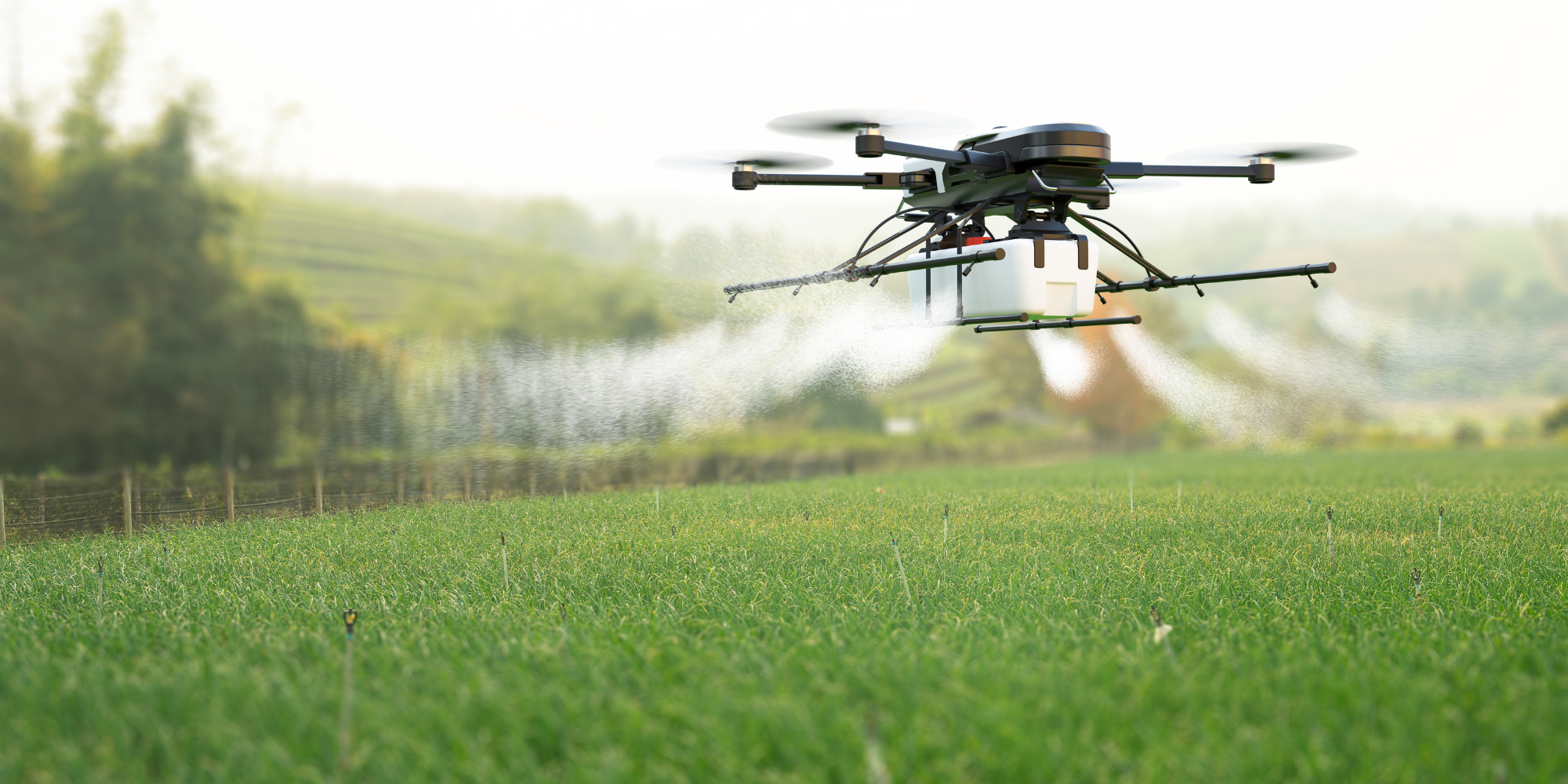
The future will be buzzing with drones, making now the ideal time for students to learn drone technology and safe handling through in-depth experience. Put out-of-school time to optimal use by building skills with this helpful content and a selection of engaging kits made to prepare students for careers in advanced engineering, robotics, and agricultural […]
Lab Skills: Oil Immersion
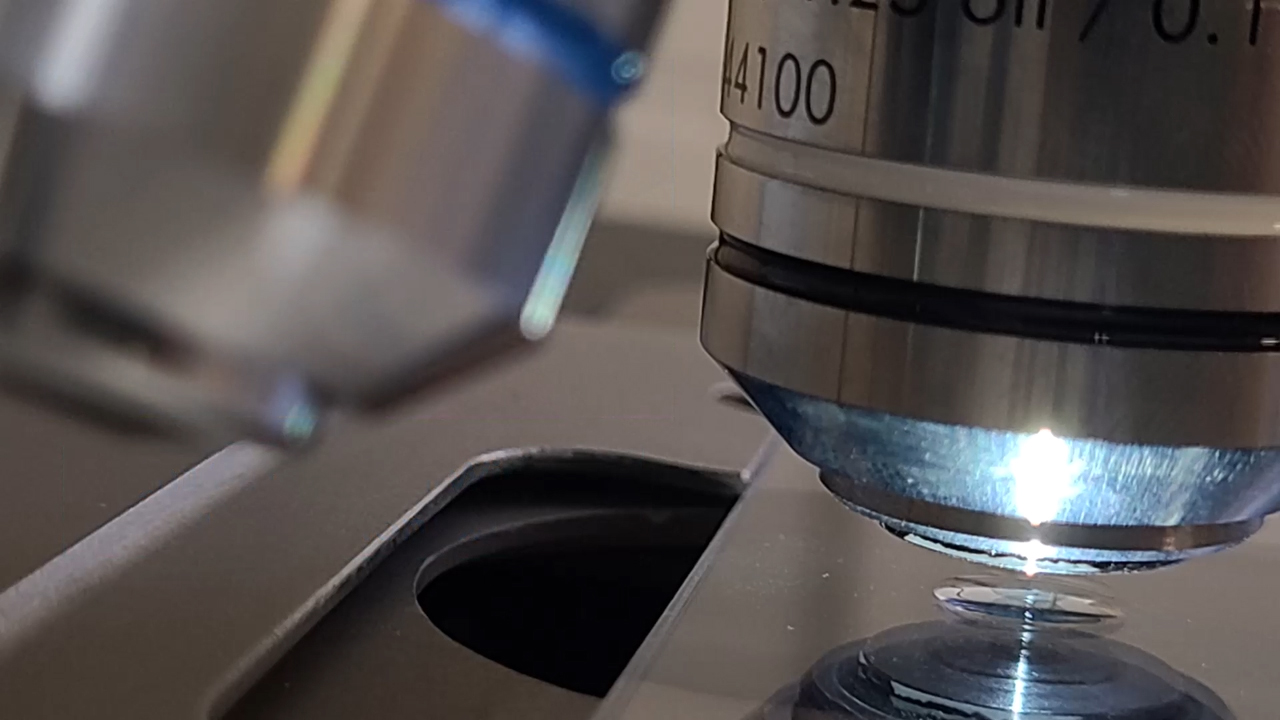
Using an oil immersion lens in microscopyis essential for viewing fine details in a sample. Use these resources to learn how to master this lab skill.
Health Science

Health Sciences Carolina helps you prepare students for successful careers. Get Started Building Future Health Care Professionals Delivering quality health care requires a well-rounded skillset. Our broad selection of resources, lab kits, and equipment such as simulators, models, blood products, and more give your students the classroom experience needed to excel in the workforce and […]
Pregnancy and Dissection
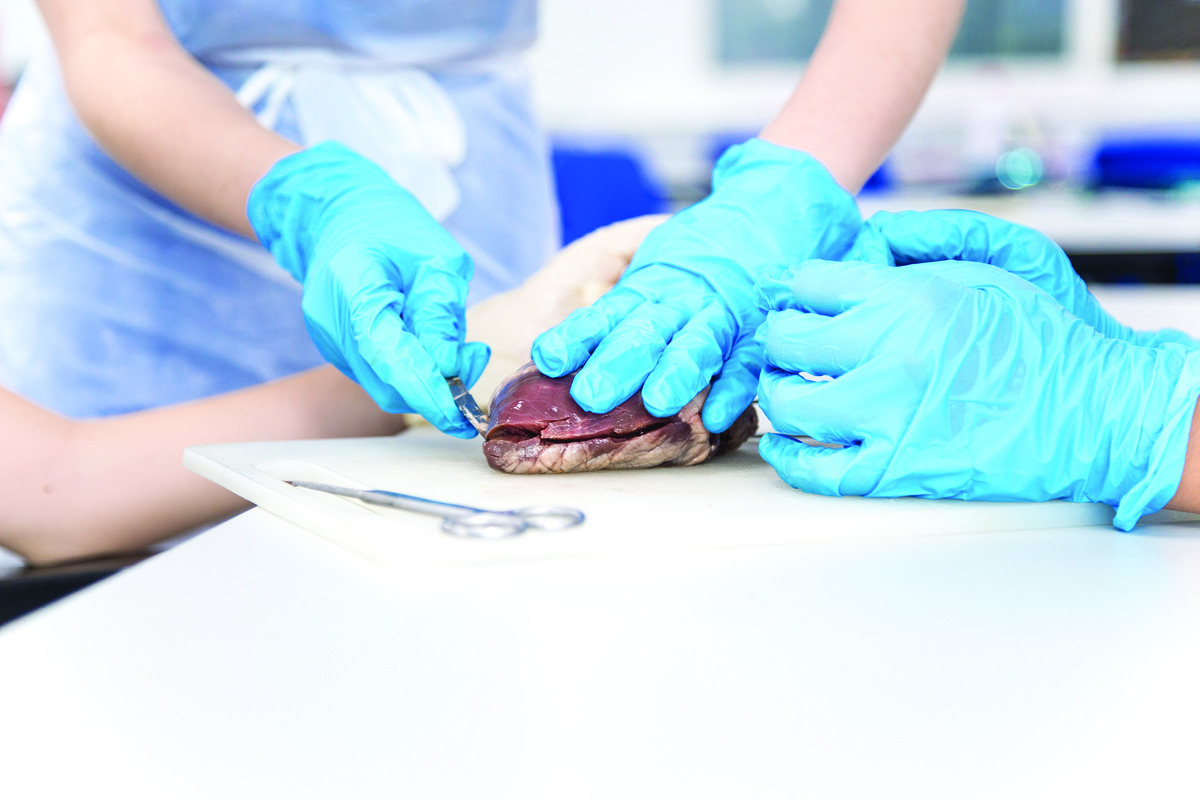
Occasionally we are asked if it is safe for pregnant women to participate in dissection activities using specimens preserved in Carosafe® or Carolina’s Perfect Solution®. The following information is intended to help women discuss this question with their physicians. It can also be used to help schools decide whether or not to allow or require […]
Exploring the Human Body: Understanding Anatomical Planes and Body Cavities

This infographic helps students understand anatomical planes and directional terms in context. It shows the body cavities and identifies organs within the abdominal quadrants. You can use it as a support resource in and out of the classroom. Download Infographic Anatomical Planes Anatomical planes divide the body into sections to describe the location of structures […]
3 Steps to Close Your Classroom-OpenSciEd

3 Steps to Close Your Classroom Enjoy your summer! We are providing you with a 3-step checklist to simplify closing your classroom. STEP 1 Inventory and Prepare Your Kits Taking an inventory of your kits not only lets you know what you need to teach before teaching the units again, but also gives you an […]
Life in a Living Pond
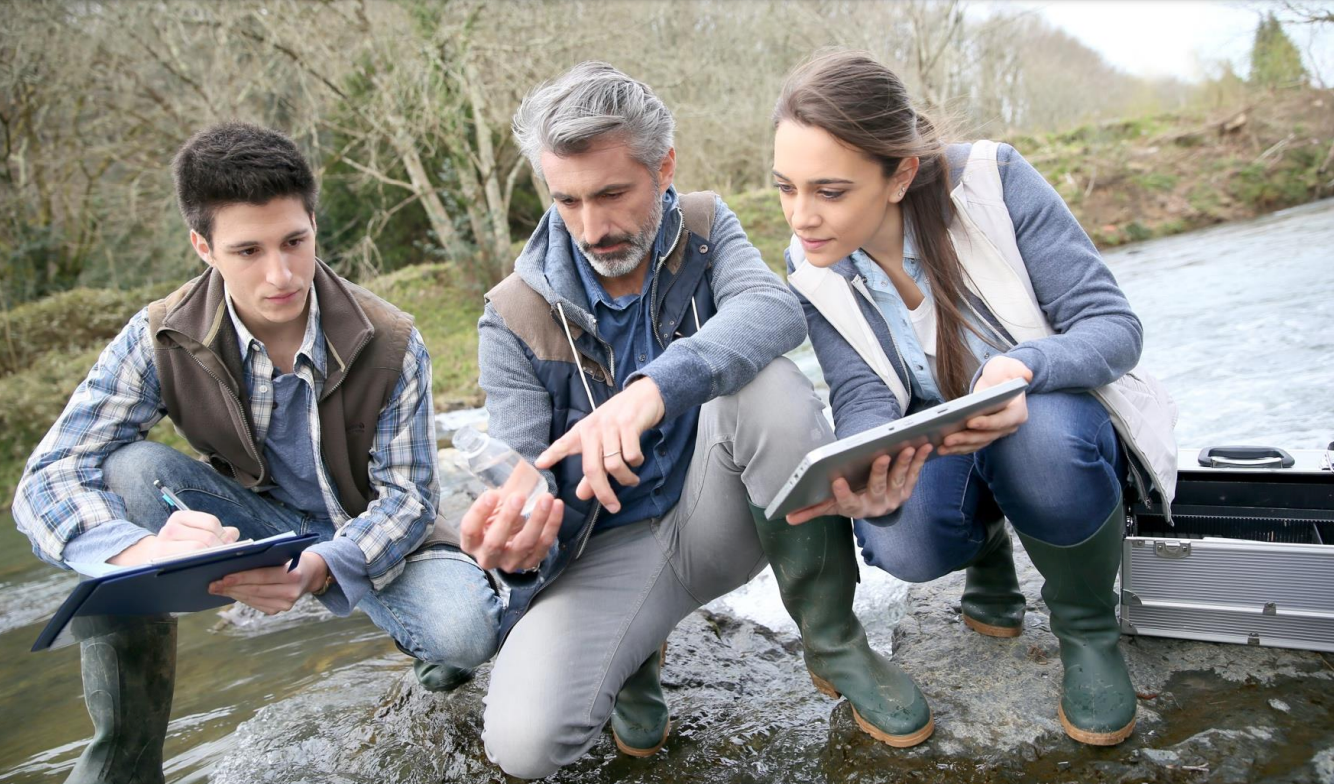
Workshop Resources Life Science K-5 Elementary School Inspire curiosity by examining pond water! Observe freshwater organisms feeding patterns and reproduction firsthand while exploring microbial diversity. These activities will build an understanding of ecosystems and provide phenomena that connects with biology and nature. Download Presentation Download Handouts
Building Confidence Using CRISPR with Biotechnical Lab Skills
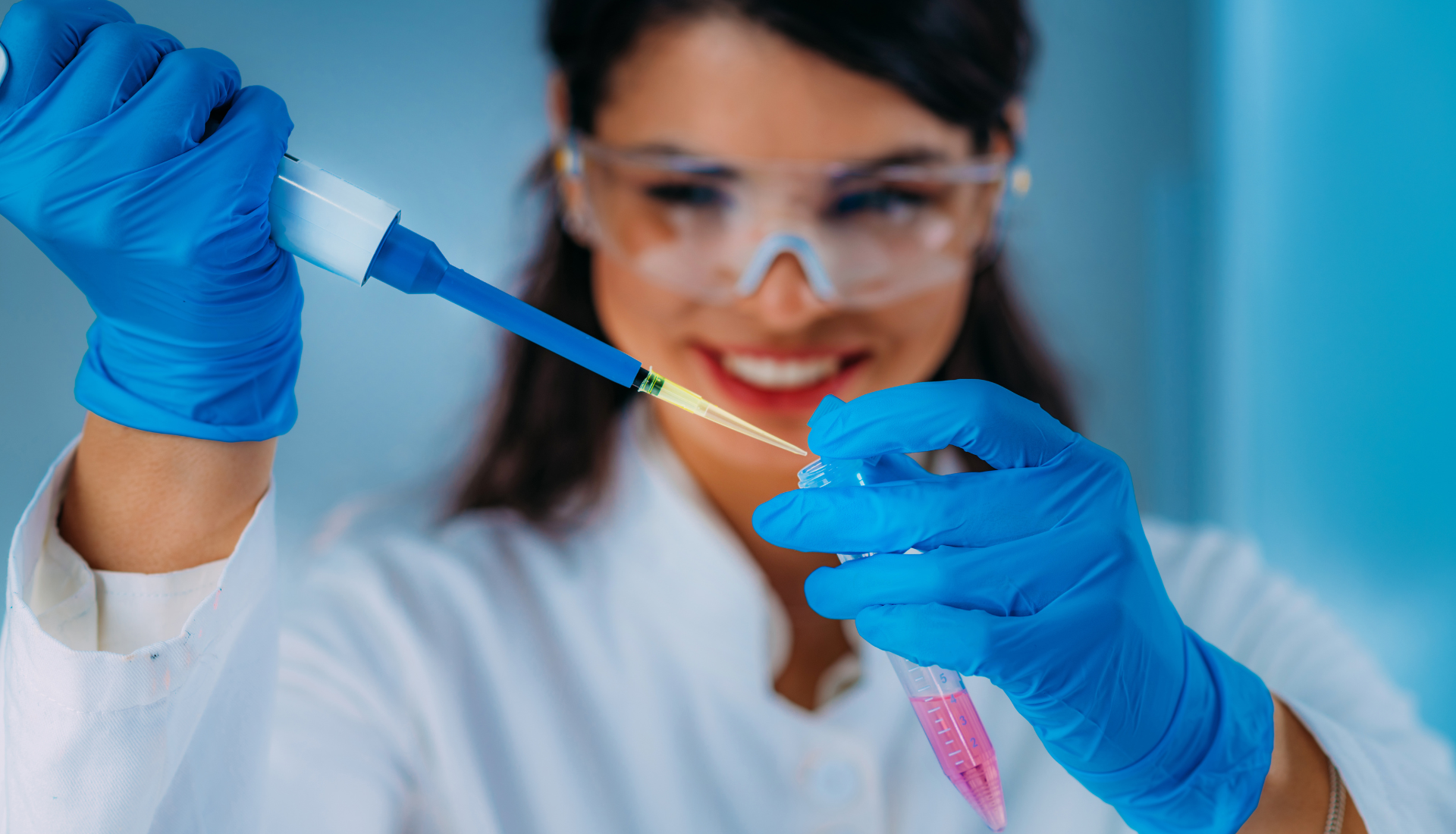
Workshop Resources Life Science 9-12 High School Join leading scientists from a one-of-a-kind research institute as they dive deep into a CRISPR gene editing experiment from their educational kit. CRISPR in a Box can be integrated into high school and college classes. Get ready to master skills used in a cancer research lab! Download Presentation […]
Exploring OpenSciEd Elementary from Carolina

Workshop Resources Physical Science K-5 Elementary School All expertly designed units meet NGSS standards and allow flexibility for a customized curriculum. Unit offerings will include teacher’s guides, high-quality instructional materials, professional development, digital resources, and management tools for forms, assignments, grading, video support, and more! Download Presentation Download Handout Download Kick Mat Learn More About […]
